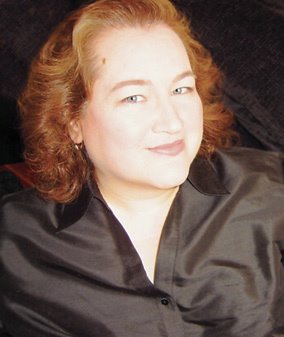Christus homo factus est
A couple of meditations for you on the beginning of the season of Advent, coming up soon, on the following topic: What does it mean that Christ became a man?
First is a reflection by Fr. Raniero Cantalamessa in this month's Magnificat:
The expression "except in sin" (absque peccato) used of Jesus (cf. Heb. 4:15) does not convey some exception to the full and definitive human nature of Christ, as though he were in all respects truly human like ourselves, less one thing: sin - as though sin were an essential and natural characteristic of human nature. Far from derogating from the full humanity of Christ, "except in sin" constitutes the distinguishing feature of his true humanity, since sin is the only true "superstructure," the only spurious addition to the divine project of human nature. It is surprising how we have reached the point of regarding as most "human" the very thing that is least human. "To this point has human perversity arrived," says Saint Augustine, " that he whom lust overcomes is regarded as a man, whereas he who has overcome lust cannot be a man. Those who overcome evil cannot be men, whereas those whom evil overcomes are men indeed!" "Human" has come to mean rather what we have in common with the beasts than what distinguishes us from them, such as intelligence, will power, conscience, holiness.
So Jesus is "true man" not in spite of being without sin but precisely because he is without sin. In the famous dogmatic letter of Saint Leo the Great we read: "He, true God, was born in an integral and perfect nature as true man, complete with all prerogatives, as well divine as human. In saying 'human' however, we refer to those things which the Creator originally placed in us and which he then came to restore; whereas in the Savior there was no trace of those things that the Deceiver added and that man deceived accepted. It is not to be thought that he, because he willed to share our weakness, also participated in our guilt. He assumed the condition of a slave, but without the contamination of sin; he thus enriched mankind but did not diminish God."
Caryll Houselander, a Catholic writer in the 1940s, also had this to say in her lovely book of meditations on the Virgin Mary, whom she called the Reed of God:
This is what it meant to Mary to give human nature to God.
All other children born must inevitably die; death belongs to fallen nature; the mother’s gift to the child is life.
But Christ is life; death did not belong to Him.
In fact, unless Mary would give Him death, He could not die.
Unless she would give him the capacity for suffering, He could not suffer.
He could only feel cold and hunger and thirst if she gave Him her vulnerability to cold and hunger and thirst.
He could not know the indifference of friends or treachery or the bitterness of being betrayed unless she gave Him a human mind and a human heart.
He was invulnerable; He asked her for a body to be wounded.
He was joy itself; He asked her to give Him tears.
He was God; He asked her to make Him man.
He asked for hands and feet to be nailed.
He asked for flesh to be scourged.
He asked for blood to be shed.
He asked for a heart to be broken.
The stable at Bethlehem was the first Calvary.
The wooden manger was the first Cross.
The swaddling bands were the first burial bands.
The Passion had begun.
Christ was man.
(For an audio version of the Houselander piece, stop in to my website and listen to Advent Meditation.
Blessings on you as you follow Mary's example and "ponder these things in your heart" this Advent season.

No comments:
Post a Comment